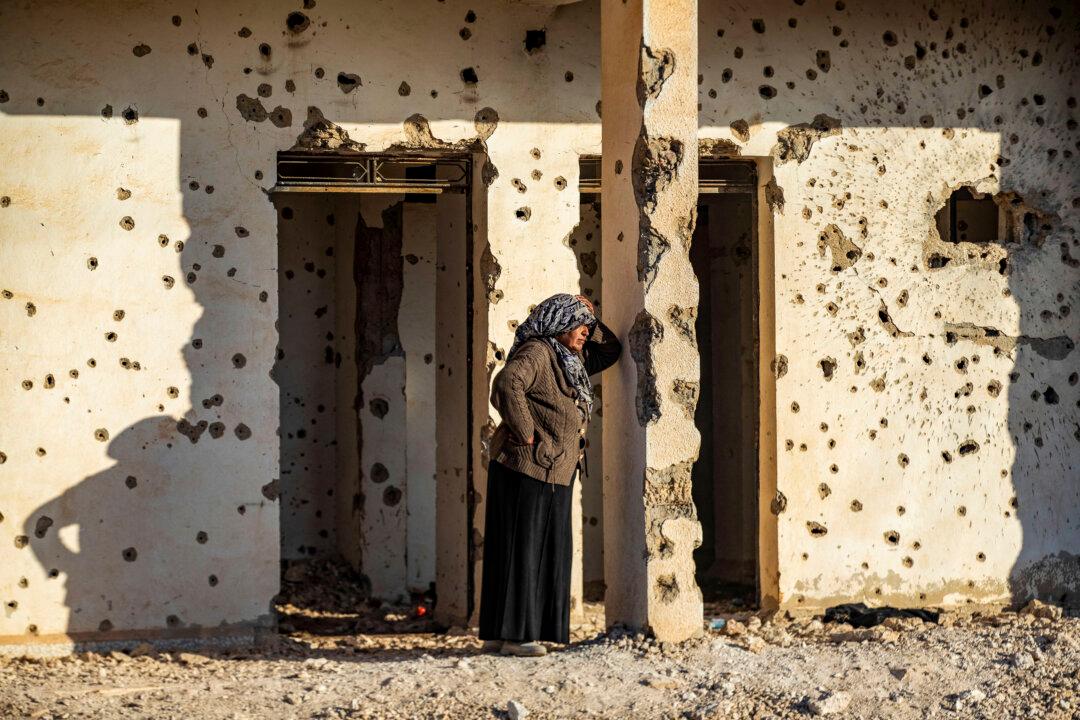The Syrian army says it has withdrawn from the key Syrian city of Hama, leaving it in the hands of Hayat Tahrir al-Sham (HTS), a Sunni Islamist terrorist group that began as a branch of al-Qaeda.
After two days of intense clashes, forces loyal to Syrian President Bashar al-Assad appear to have lost control of Hama, a city in central Syria that has remained in the hands of the government throughout the Syrian civil war.





